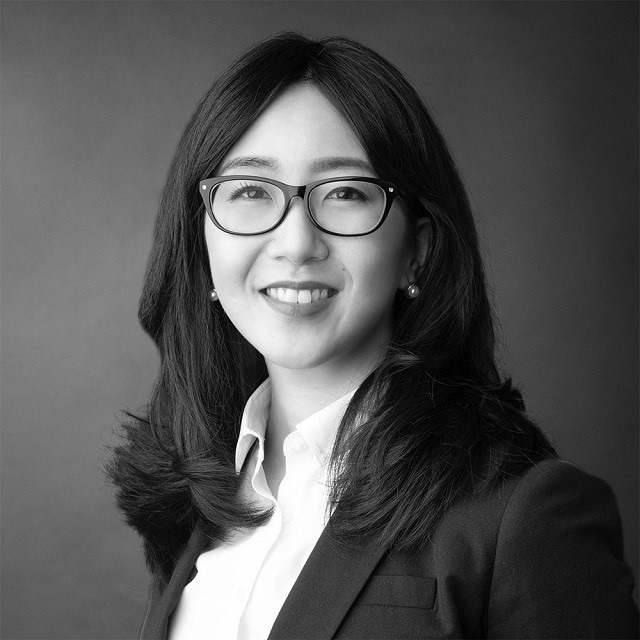2021 in Review: Southeast Asia
In 2021, Southeast Asia saw institutional progress, arbitration-related court decisions, and investment treaty developments. All in all, it was an eventful and, at times, surprising year for the region in terms of arbitration developments. Institutional progress Some Southeast Asian arbitral institutions revamped and revised their arbitration rules as part of their strategic institutional development….

